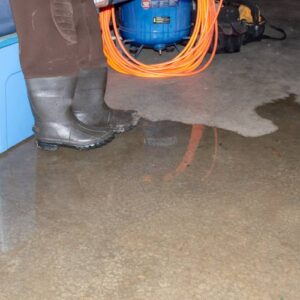 Do you have creaking and gurgling noises coming from your basement? No, this isn’t the plot of a horror movie (although it may feel like it). This could actually be the sign of an underground water leak in your house.
Do you have creaking and gurgling noises coming from your basement? No, this isn’t the plot of a horror movie (although it may feel like it). This could actually be the sign of an underground water leak in your house.
Though lots of plumbing problems can be a headache to deal with, leaks beneath the ground may be the most challenging to identify and fix. Thankfully, there are a few ways you can keep those leaks from getting the best of you – read on to learn top tips from the D & F Plumbing team!
Dangers of Underground Water Leaks
A minor leak may not seem like a big deal, especially if it’s out of sight and out of mind. However, excess moisture near your foundation can be particularly dangerous to your home and health. If a hidden leak isn’t discovered and treated early on, you could have serious consequences such as:
- Damaged foundation: Excess water washing over the foundation of your home can lead to cracks, which may grow and get worse over time. Damage to your foundation can pose serious safety risks and may cost anywhere from hundreds to thousands of dollars to fix.
- Mold growth: Water dripping beneath your home could lead to mold growth in your basement or crawl space, which can begin within just 48 hours of water exposure. Not only is mold very difficult to get rid of, but it could also have a huge impact on your health – especially if you have allergies or asthma.
- Soil erosion: A steady underground leak might wash away the soil in your yard. In addition to wreaking havoc on your once-beautiful landscaping, soil erosion could cause drainage issues or alter the grading of your property.
- Skyrocketing water bills: Unfortunately, you have to pay for each drop of water that flows through your pipes… even if it leaks into the ground before you have a chance to use it. A slow leak beneath your home will likely lead to a significant spike in your water bills.
- Safety risks: If water is leaking beneath your home, it may come into contact with electrical components and put you at risk of life-threatening issues. Even if it doesn’t mix with your electrical system, the water will still likely weaken the structural integrity of your home by damaging the foundation.
Signs You Have a Hidden Leak
Some plumbing problems are apparent immediately, like a dripping kitchen faucet or a broken dishwasher seal. Other issues can sneak up on you. That’s why it’s important for homeowners to remain vigilant for common signs of an underground leak, such as:
- Slow or clogged drains
- Recurring blockages
- Gurgling sounds from drains
- Unexpectedly high water bills
- Unpleasant odors
- Soggy or flooded areas in your yard
- Muddy of discolored water
- Foundation cracks
- Sinkholes on your property
- Reduced water pressure
- Musty odors or signs of mold
- Steady increase in water bill
How Can I Avoid Underground Leaks?
While you should always keep an eye out for signs of a plumbing problem in your home, some hidden leaks are small enough to go undetected for several days or weeks. However, that doesn’t mean you should always have to worry about what’s going on underneath your home!
If you want to make sure your plumbing system is in great shape without feeling paranoid about possible leaks that you can’t even see, don’t worry. Help from a professional plumber is the ultimate step in protecting your property from underground water leaks.
We offer three main services to keep your property safe from hidden leaks:
- Routine inspections are an excellent way to catch plumbing problems before they turn into leaks. A small investment in prevention could save you hours of stress and hundreds of dollars in repairs.
- Leak detection is great if you suspect that there’s an underground leak on your property. During this service, a plumber will use specialized equipment to detect leaks under the house or yard without invasive digging.
- Emergency repairs are available to make sure you always have support, right when you need it. Our service trucks are on standby to assist with any burst pipe or hidden leak that can’t wait until morning.
Whether you suspect there’s a leak lurking underneath your home or you just want to make sure your plumbing system is operating at its best, the team at D&F Plumbing, Heating and Cooling has you covered! Don’t wait until it’s too late and you’re knee-deep in water damage. Give us a call today to schedule your service.

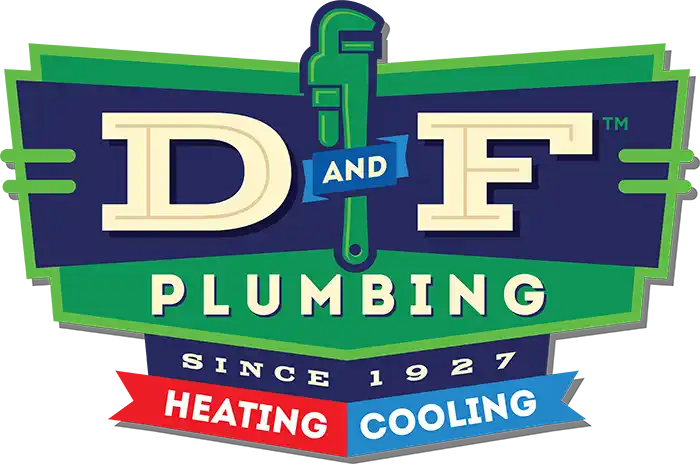
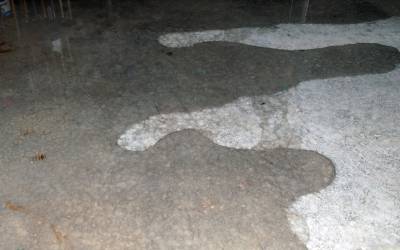
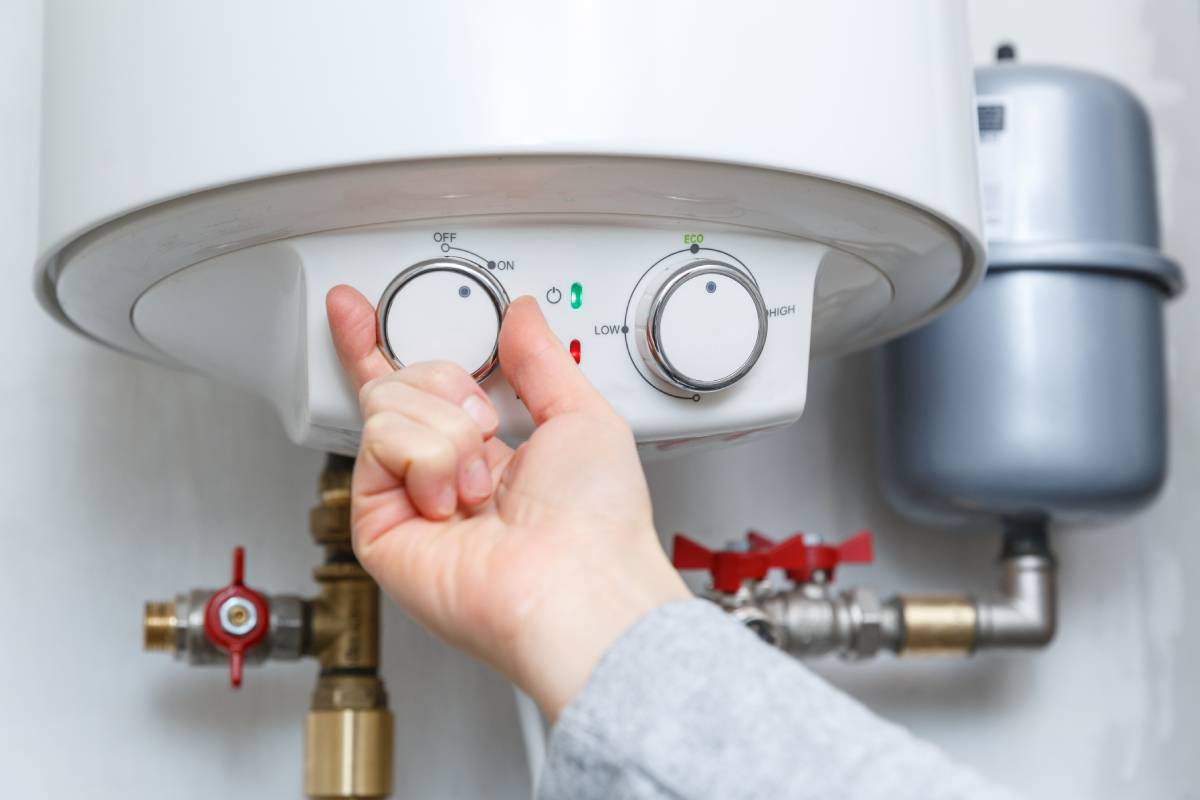
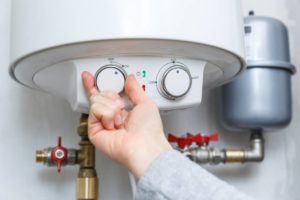 Between freezing weather and holiday festivities, the winter months can take a serious toll on your water heater. To ensure you have plenty of hot water all throughout the cold season, it’s important to prepare your water heater for winter as soon as temperatures begin to drop. Fortunately, seasonal maintenance doesn’t have to be difficult or expensive.
Between freezing weather and holiday festivities, the winter months can take a serious toll on your water heater. To ensure you have plenty of hot water all throughout the cold season, it’s important to prepare your water heater for winter as soon as temperatures begin to drop. Fortunately, seasonal maintenance doesn’t have to be difficult or expensive. 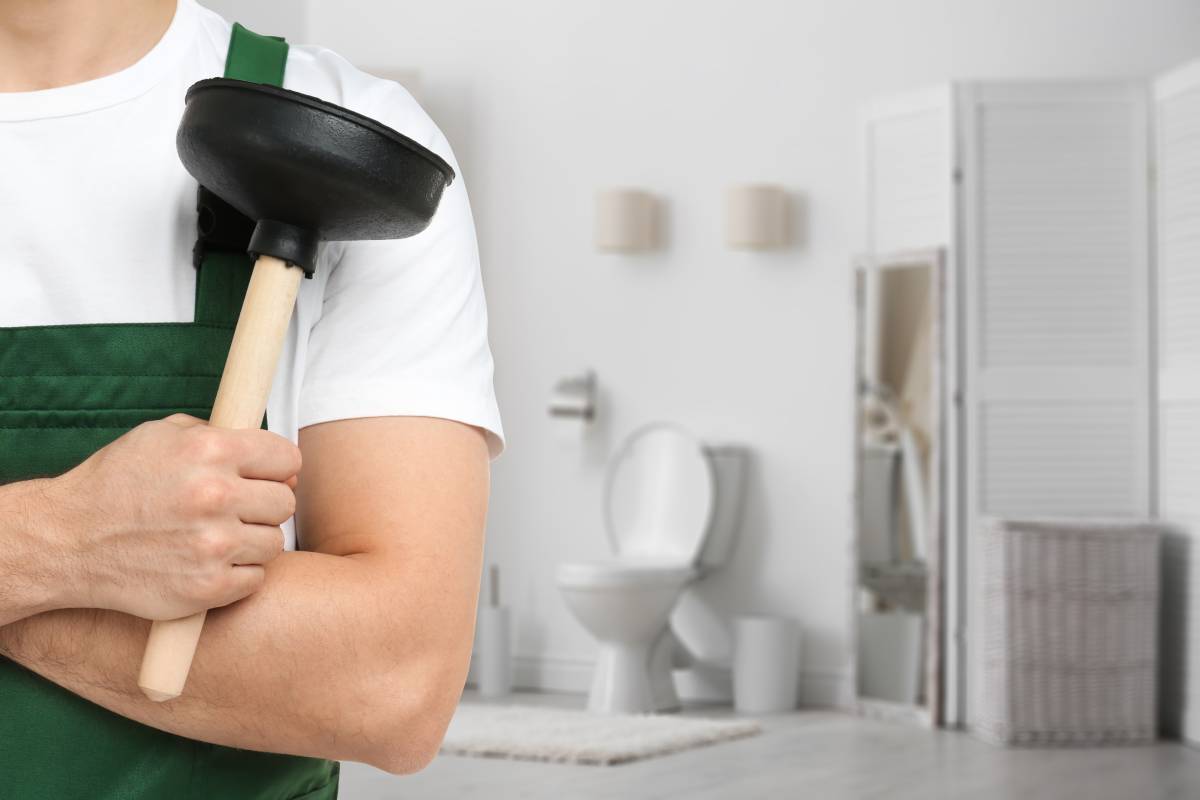
 Everyone looks forward to Black Friday shopping deals. But plumbers have an entirely different experience on the Friday after Thanksgiving!
Everyone looks forward to Black Friday shopping deals. But plumbers have an entirely different experience on the Friday after Thanksgiving!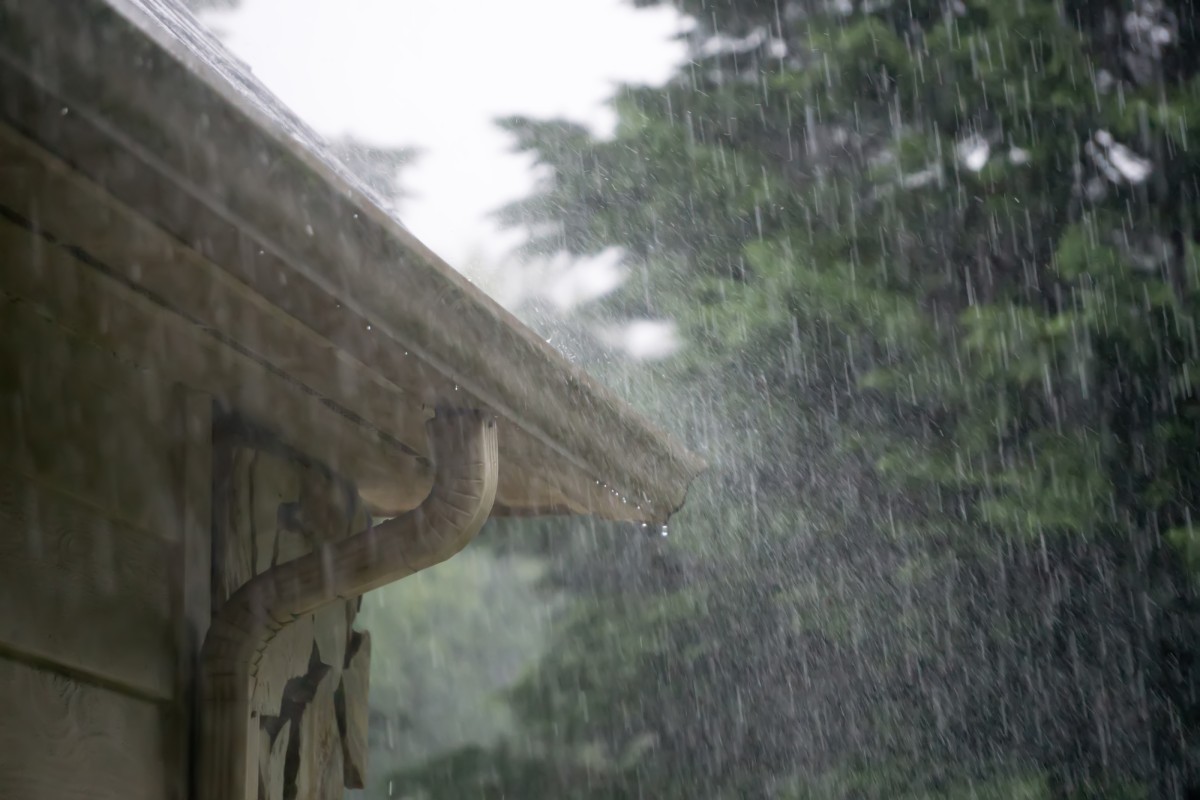
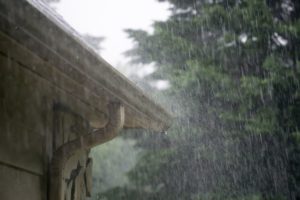
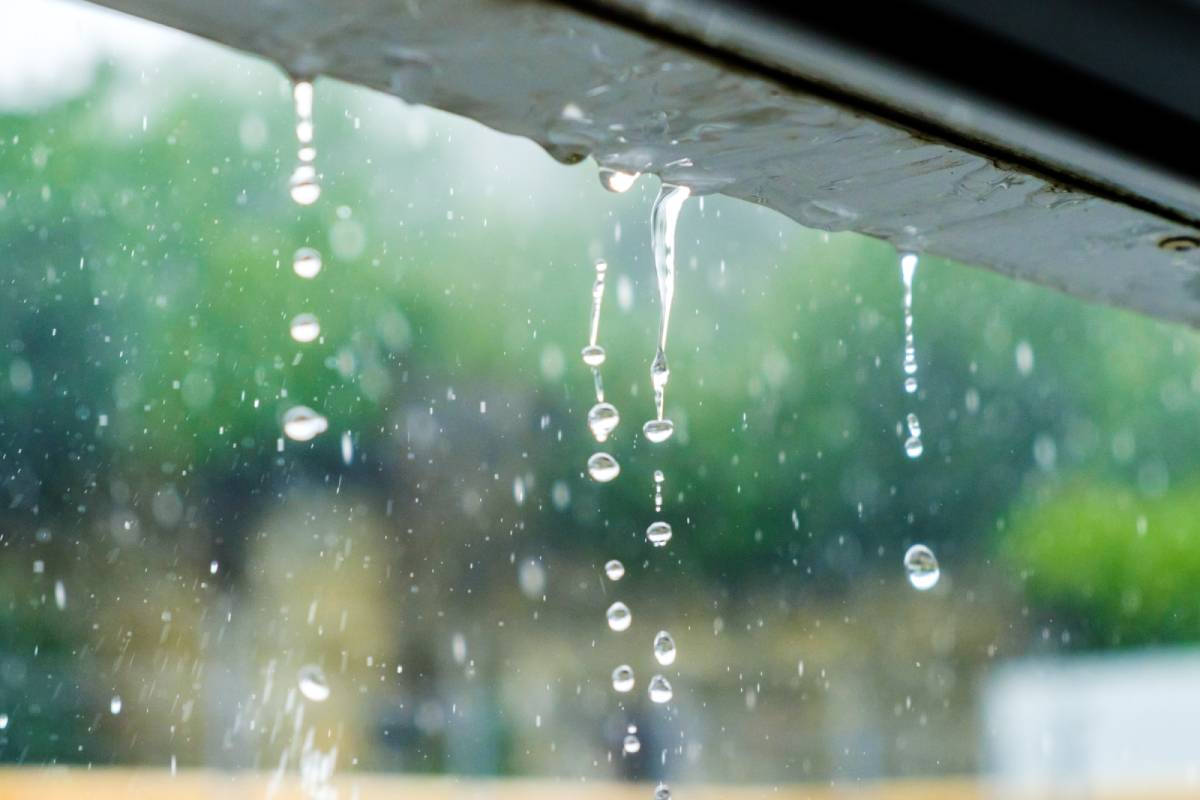
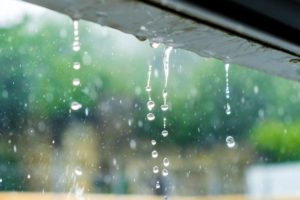 April showers bring May flowers, and… plumbing issues? With the rainy season right around the corner, it is essential to prioritize the comfort of your home, and nobody wants to clean the muck out of gutters in the middle of a storm!
April showers bring May flowers, and… plumbing issues? With the rainy season right around the corner, it is essential to prioritize the comfort of your home, and nobody wants to clean the muck out of gutters in the middle of a storm!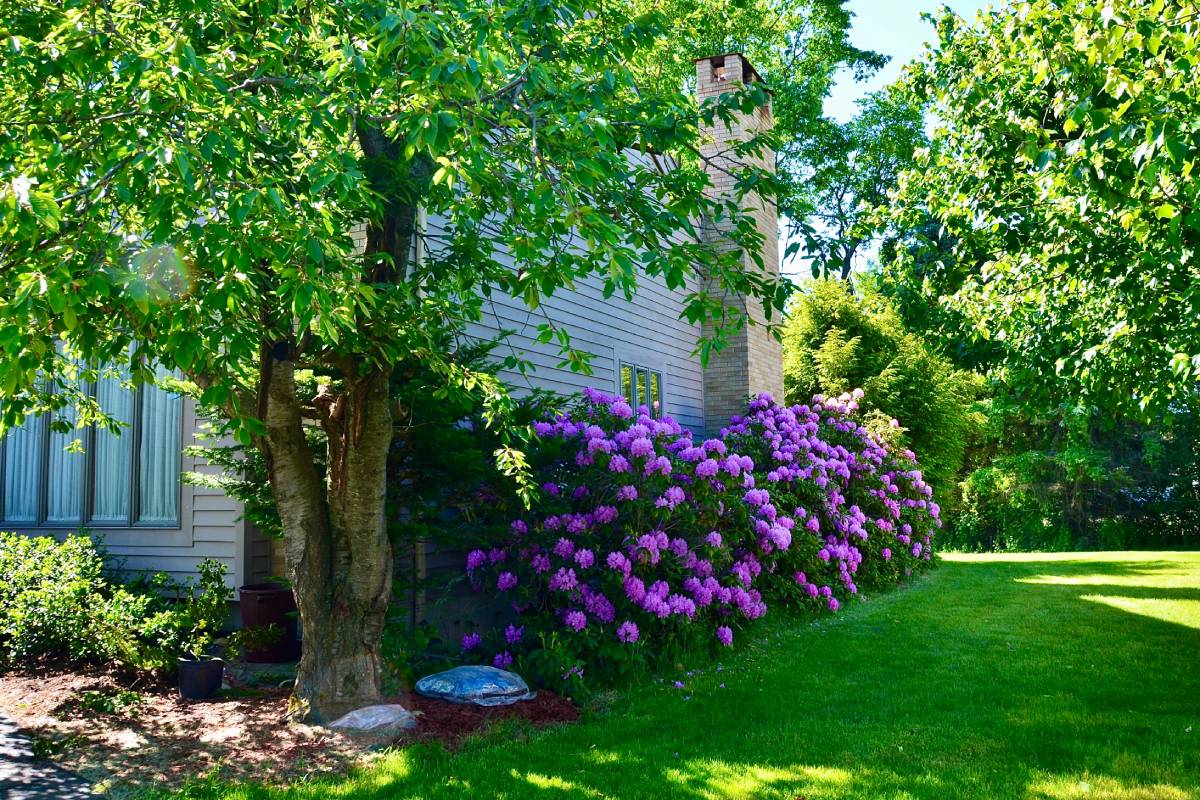
 Just when you thought you had seen the end of your plumbing problems, plant life adds a whole new obstacle to your maintenance regimen. When shooting for aesthetics, many homeowners overlook the repercussions certain trees and shrubs can have on plumbing fixtures.
Just when you thought you had seen the end of your plumbing problems, plant life adds a whole new obstacle to your maintenance regimen. When shooting for aesthetics, many homeowners overlook the repercussions certain trees and shrubs can have on plumbing fixtures.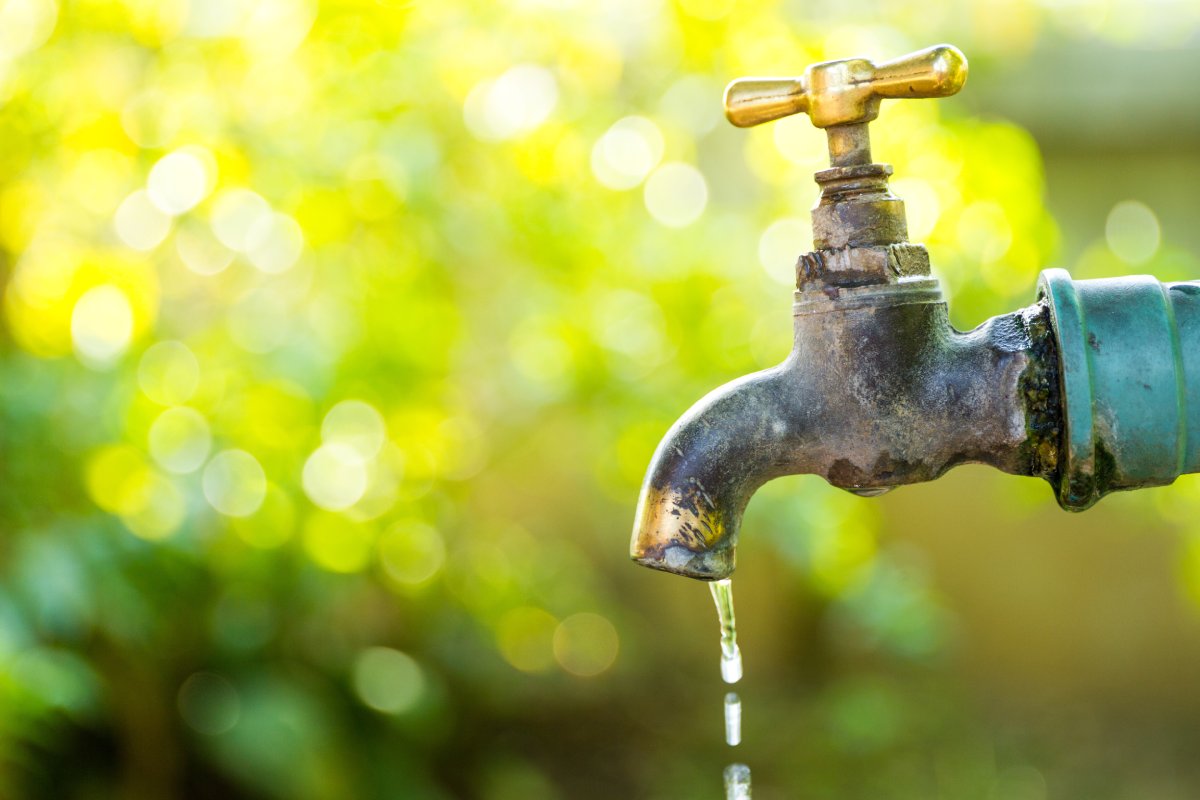
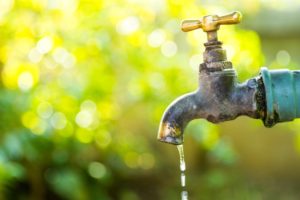
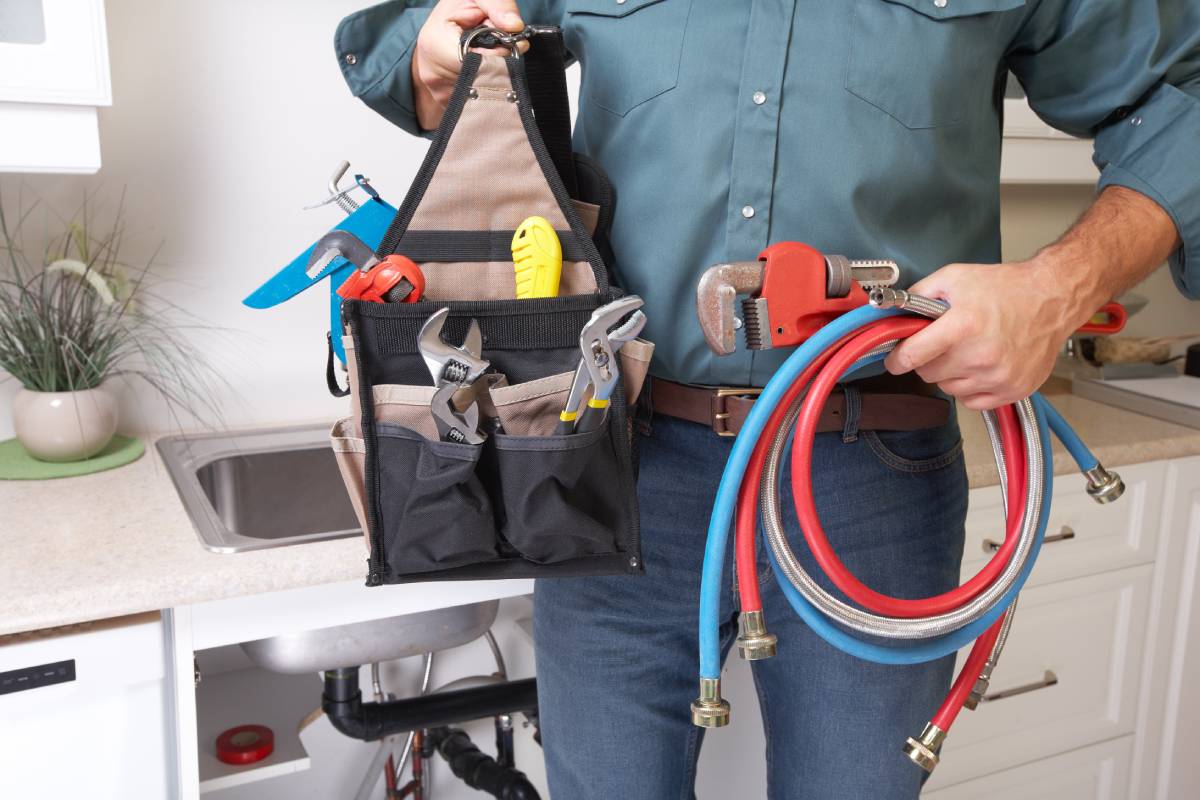
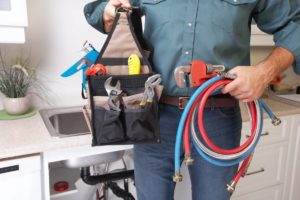 If you’ve ever listened to your grandparents reminisce about how low prices used to be when they were younger, then you’re probably familiar with the concept of inflation. While it can be fun to hear about the days when you could get a cheeseburger for under a quarter, the reality of inflation has had a detrimental effect on many households today – especially when it comes to home improvement projects.
If you’ve ever listened to your grandparents reminisce about how low prices used to be when they were younger, then you’re probably familiar with the concept of inflation. While it can be fun to hear about the days when you could get a cheeseburger for under a quarter, the reality of inflation has had a detrimental effect on many households today – especially when it comes to home improvement projects.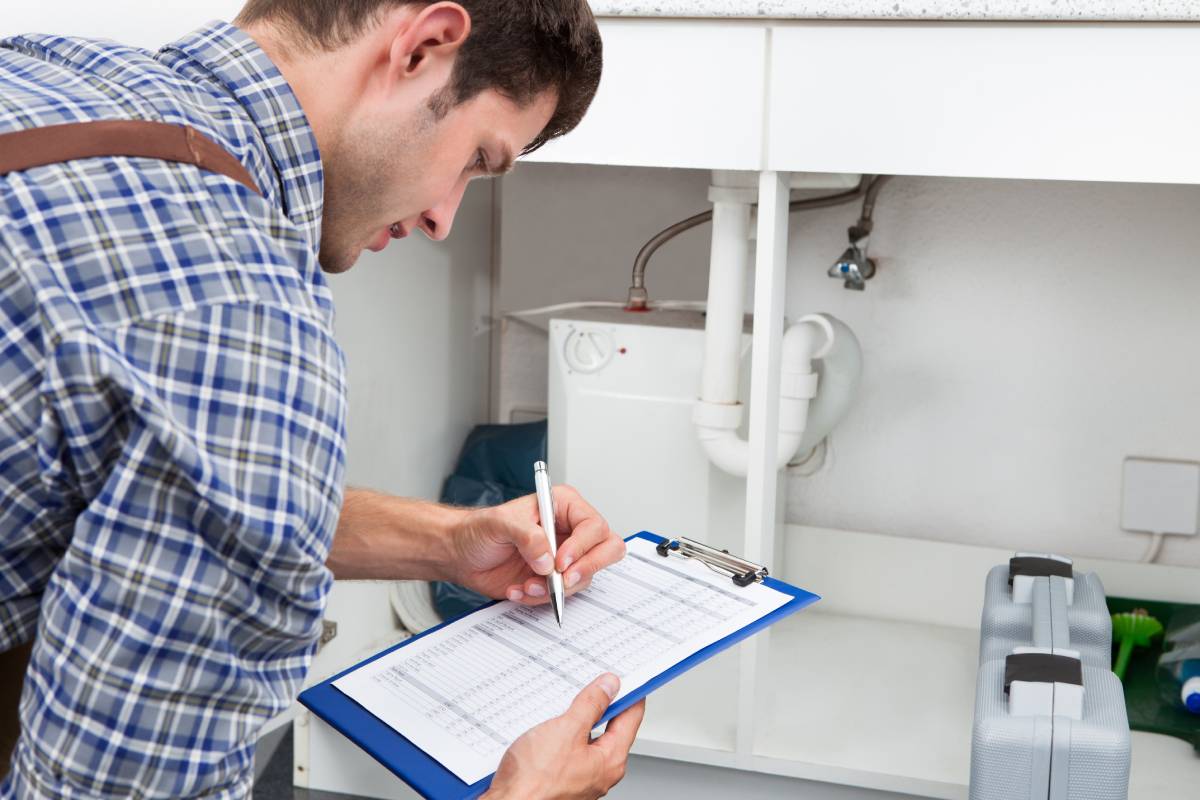
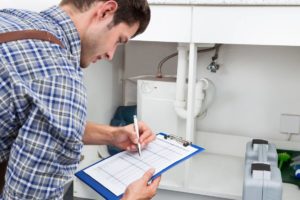 Spring has sprung, but hopefully a leak hasn’t! With the warmer weather rolling in, it’s time to tackle that to-do list that’s been piling up all winter – and that includes taking a look at your plumbing system. To make sure your system is in great shape for the new season, go through this spring plumbing checklist:
Spring has sprung, but hopefully a leak hasn’t! With the warmer weather rolling in, it’s time to tackle that to-do list that’s been piling up all winter – and that includes taking a look at your plumbing system. To make sure your system is in great shape for the new season, go through this spring plumbing checklist: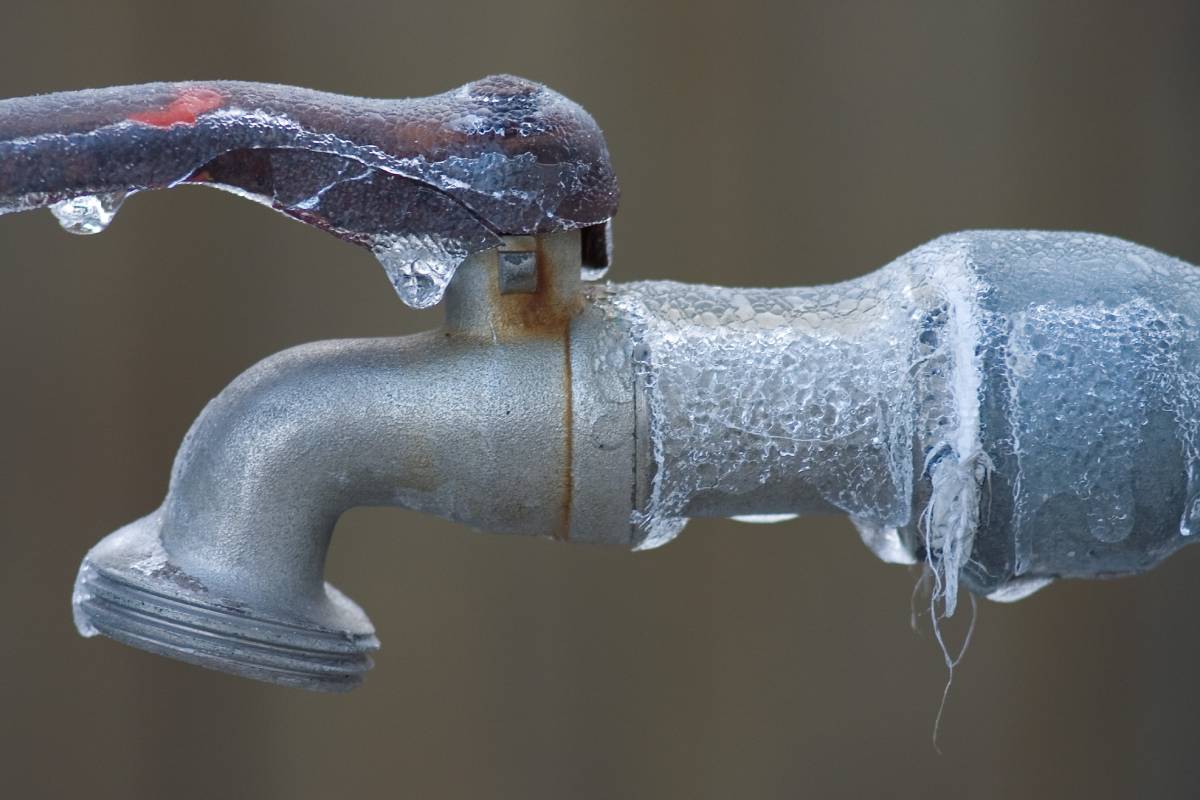
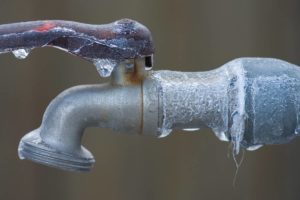 Once you’ve got your fuzzy socks and a warm mug of cocoa, you’re all ready for winter – right? Well, though these things are definitely essentials, you might be missing a couple of important steps. Before you bundle up for the winter, it’s important to prepare your home – or more specifically, your plumbing system – for the cold weather.
Once you’ve got your fuzzy socks and a warm mug of cocoa, you’re all ready for winter – right? Well, though these things are definitely essentials, you might be missing a couple of important steps. Before you bundle up for the winter, it’s important to prepare your home – or more specifically, your plumbing system – for the cold weather.